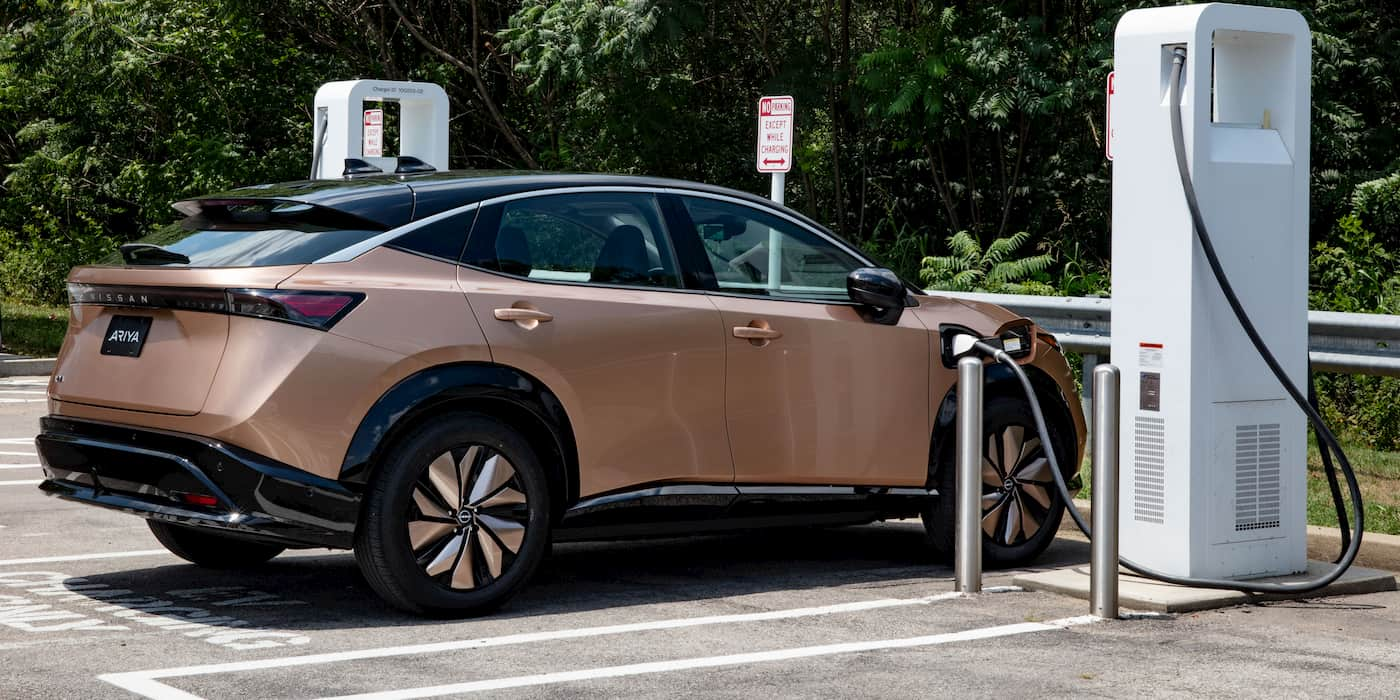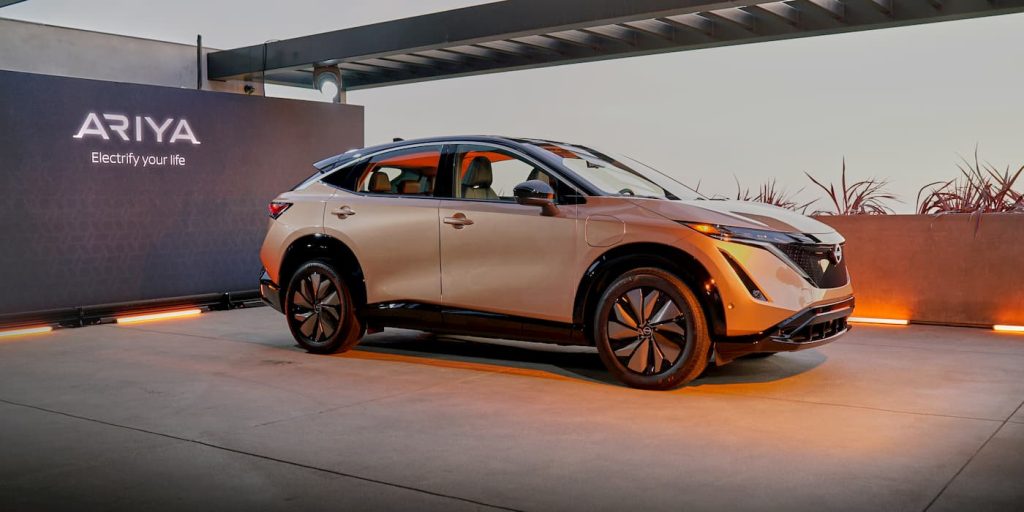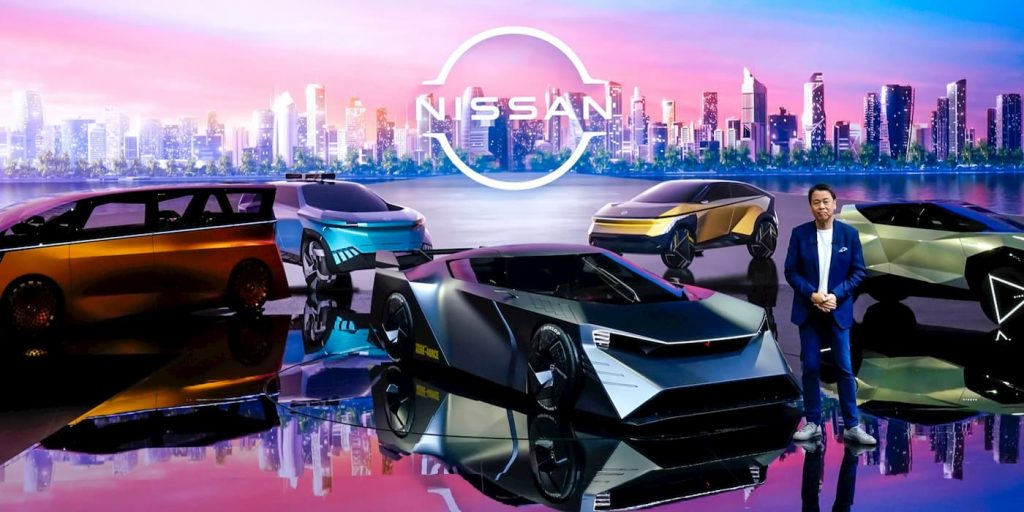
Nissan plans to produce lithium iron phosphate (LFP) batteries as it looks to lower EV prices. With cheaper materials, the batteries are about 20% to 30% cheaper to build than lithium-ion batteries with NCM. The move will put it in direct competition with BYD, the leading LFP battery maker.
Nissan is developing LFP batteries to lower EV prices
Although Nissan was topped by China’s BYD in passenger vehicle sales in November, the automaker has a plan to regain its share.
According to a new report from Nikkei, Nissan plans to begin installing cheaper LFP batteries in electric vehicles. The EVs will be sold in emerging markets as early as 2026, according to the report.
Although LFP batteries are up to 30% cheaper to produce than lithium batteries with nickel, cobalt, and manganese (NCM), they also have less energy density.
LFP batteries have about 20% to 30% less driving range than NCM. However, that could be suitable in current regions. Nissan is currently developing the new battery tech at its R&D facility in Japan. The report mentions Nissan may build the LFP batteries in-house at its Yokohama plant, among other facilities.
Nissan expects the new batteries to be used in EVs as early as 2026. It’s currently looking for partners to advance the tech and could import from outside the company.

According to data from the China Automotive Battery Industry Innovation Alliance, BYD dominated the LFP battery market with a 41.1% market share through last November. Rival CATL was second with 33.9% of the share.
BYD’s Blade Battery is equipped on EVs being sold globally. The electric BYD Seal with BYD Blade has claimed range of up to 435 miles (700 km). BYD launched the electric sedan in Mexico last month, starting at $44,600 (778,800 pesos).

BYD’s Blade Battery played a key role in topping Tesla to become the global EV sales leader in the last three months of the year. The Chinese automaker sold nearly 1.6 million EVs last year as it expands into new overseas markets. Nissan could take a page from BYD.
Electrek’s Take
Although it took over a decade for Nissan to release its second EV, the Ariya, after the LEAF hit the market in 2010, Nissan looks to make up for lost time.
Nissan is already behind EV leaders like Tesla and BYD, but the automaker wants to get back on track.
Nissan’s CEO, Makota Uchidam, said the company needs to clean out the closet if it wants to remain competitive.
As part of its midterm update, the automaker is preparing to reveal a new EV plan to right the ship. Uchida said, “We cannot continue old ways of business from the past into the future.” The new strategy, expected to be introduced in March, will address how Nissan plans to compete with low-cost models from China.
Nissan said it will launch 19 new EVs by 2030, but that could change with a new strategy coming. Although Ariya sales (and production) are picking up, cheaper options could help Nissan regain competitiveness.
FTC: We use income earning auto affiliate links. More.


Comments